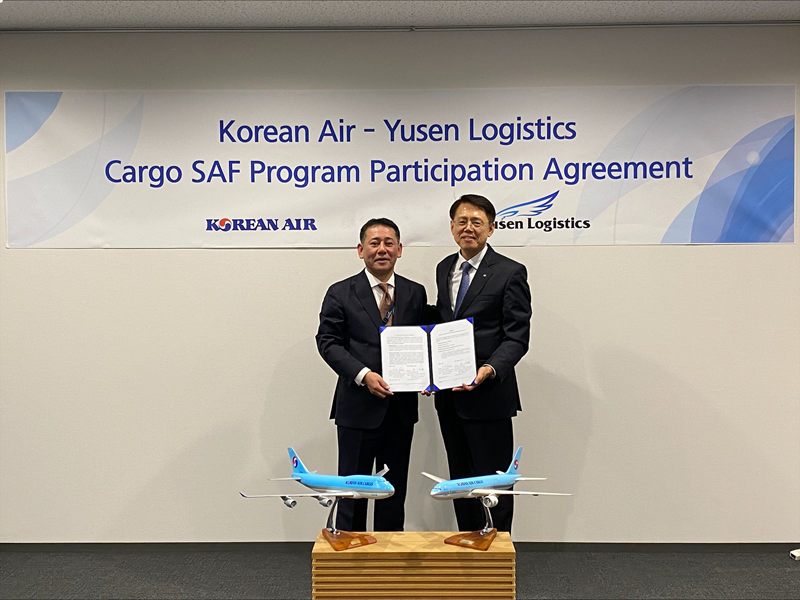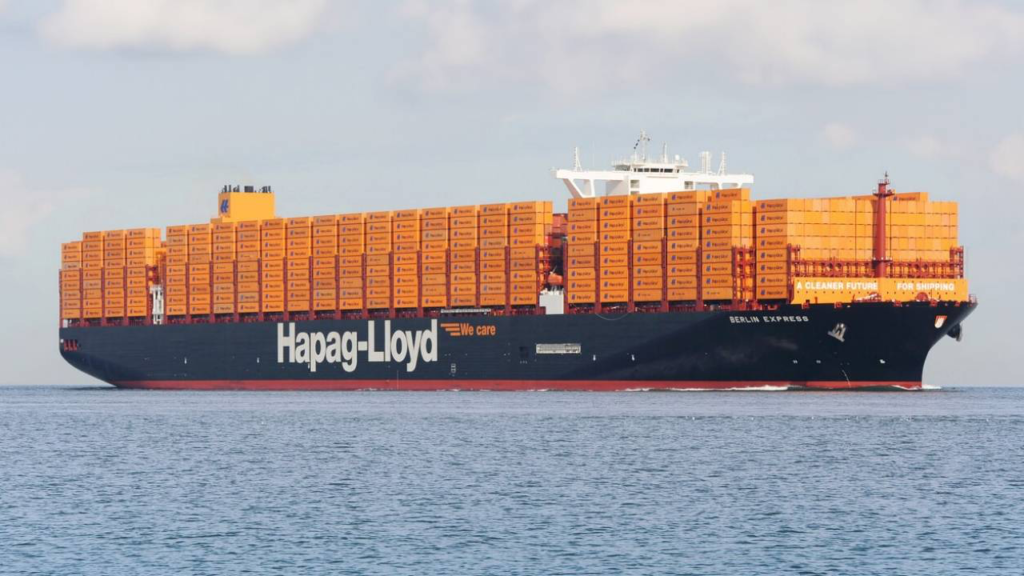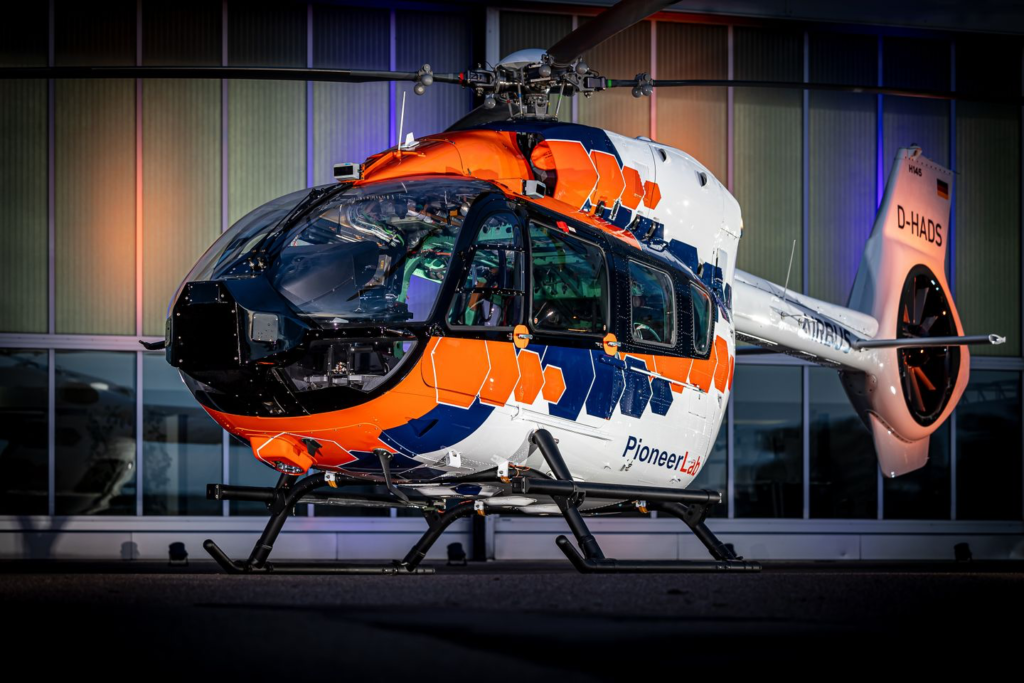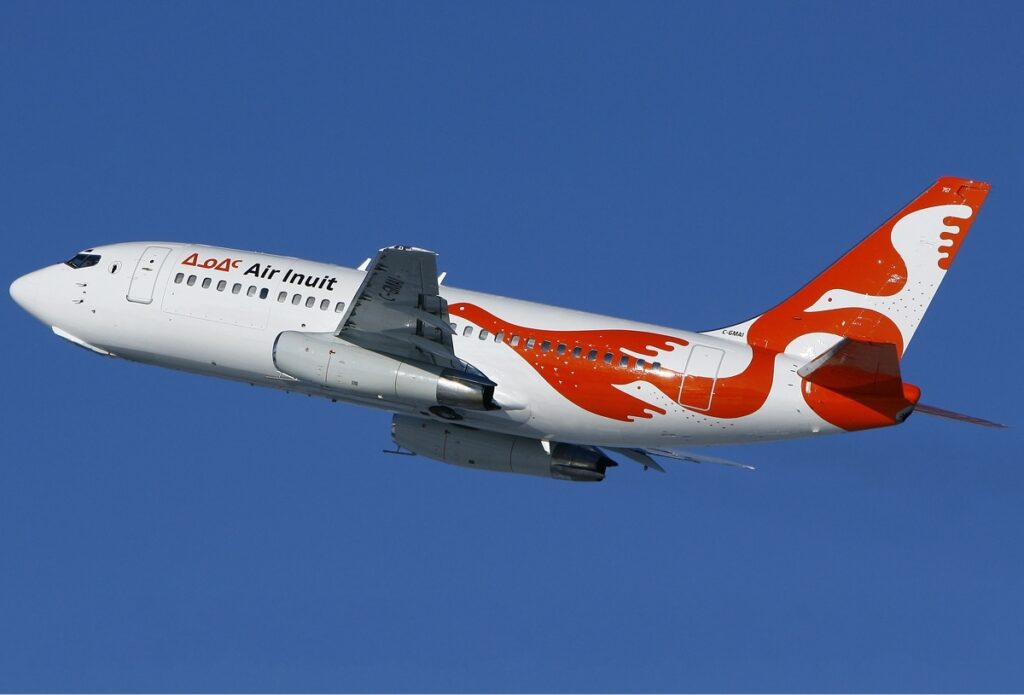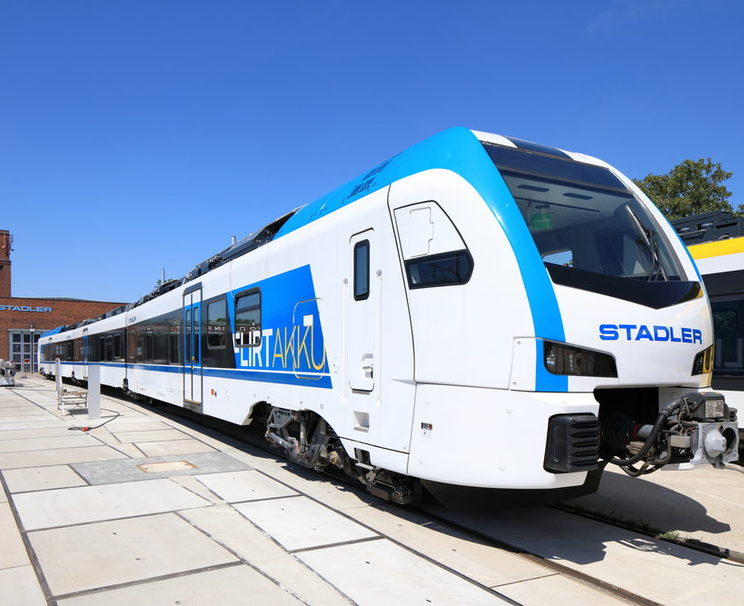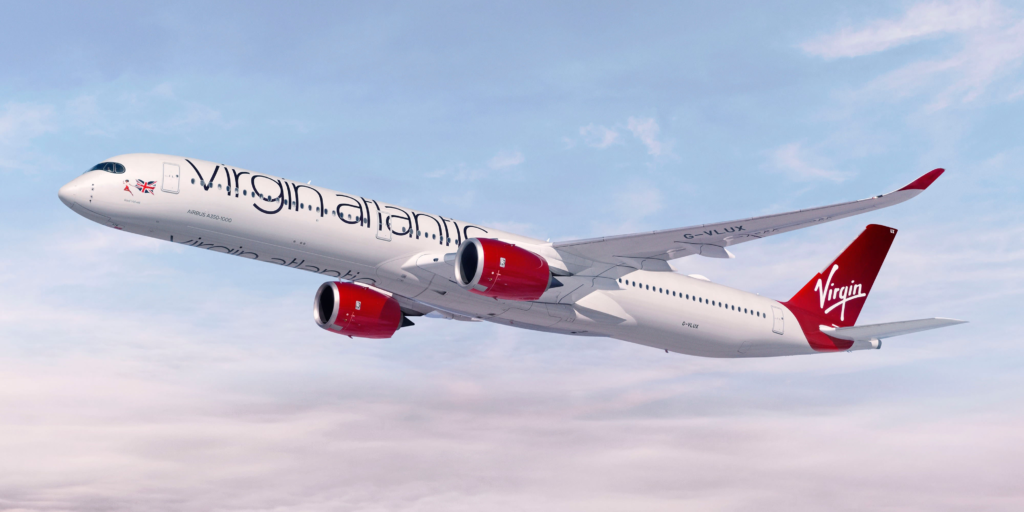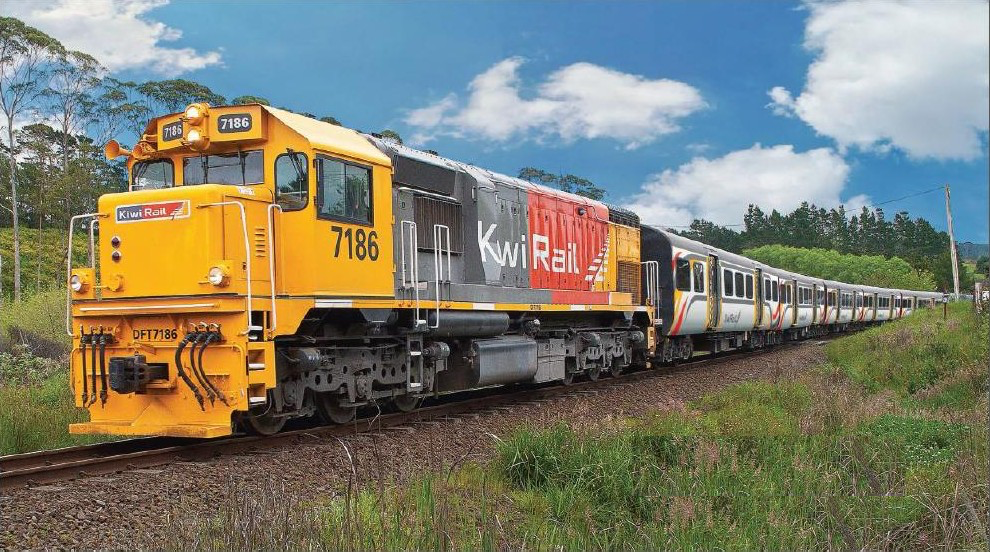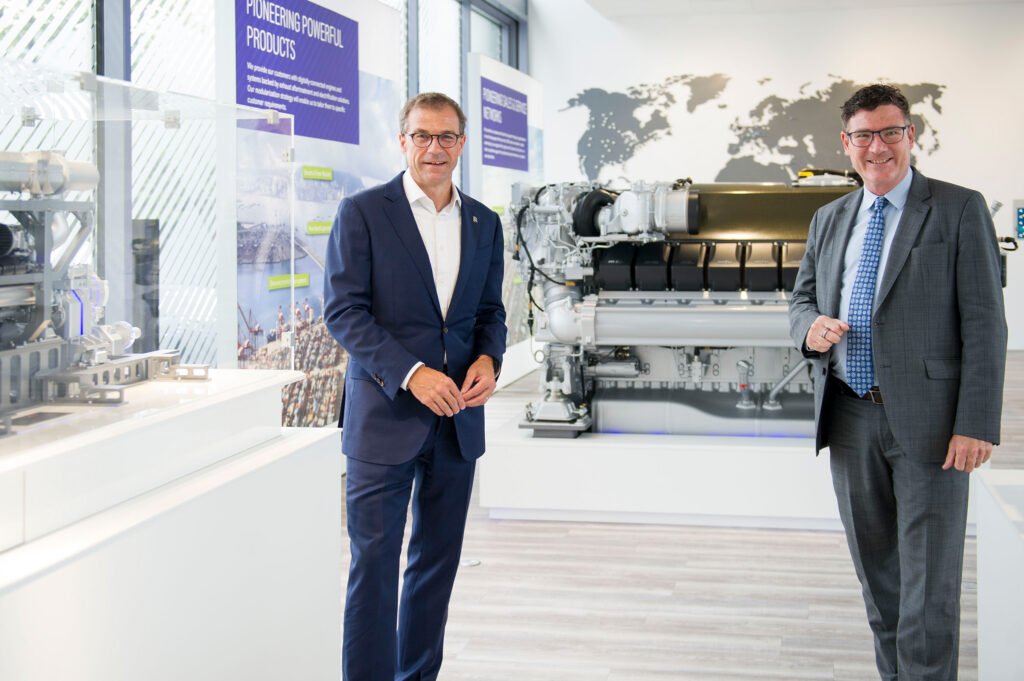Korean Air to expand cargo SAF program with Yusen Logistics
Korean Air has partnered with Yusen Logistics, a global logistics company, to further promote the use of sustainable aviation fuel (SAF) in the air cargo industry. The two companies signed a Sustainable Aviation Fuel Cooperation…
